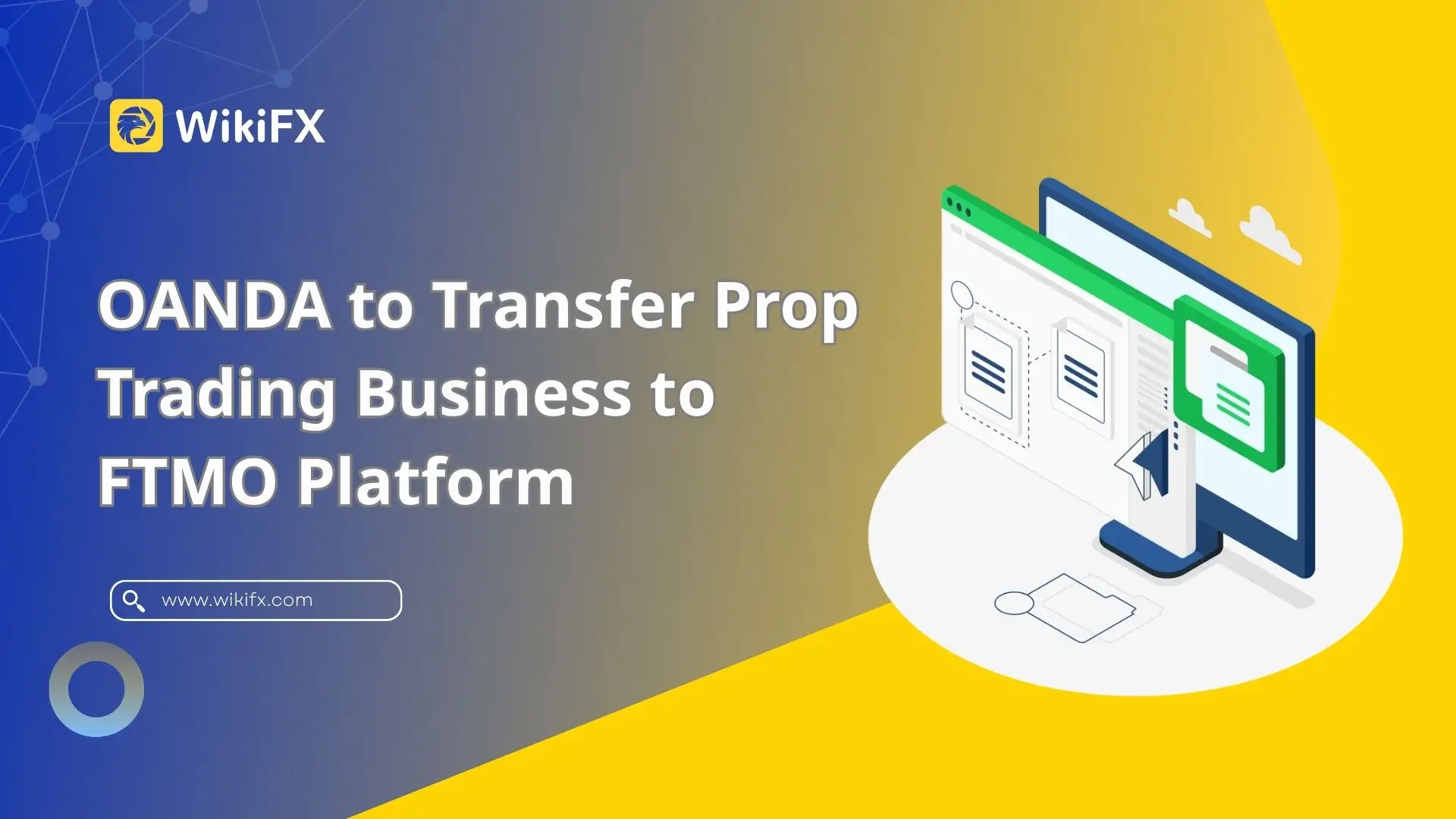FINRA Fines Investment Network and CEO for Misconduct in Pre-IPO Offerings
Abstract:The Financial Industry Regulatory Authority (FINRA) has imposed significant fines on Investment Network, Inc. (INI) and its CEO, Gary L. Arnold, for a series of regulatory violations connected to the sale of pre-initial public offering (pre-IPO) funds between October 2020 and May 2021.

The Financial Industry Regulatory Authority (FINRA) has imposed significant fines on Investment Network, Inc. (INI) and its CEO, Gary L. Arnold, for a series of regulatory violations connected to the sale of pre-initial public offering (pre-IPO) funds between October 2020 and May 2021.
Deceptive Business Practices
INI misled investors about its compensation structure, falsely claiming it would only receive a 10% sales commission for its involvement in the private placement offerings. However, INI had secretly agreed to an additional 5% in selling compensation and half of the carried interest from the offerings. This hidden compensation agreement, which was never disclosed to investors, constituted a violation of FINRA Rule 2010 and Section 17(a)(3) of the Securities Act of 1933.
Failure to Meet Regulation Best Interest (Reg BI) Requirements
INI also willfully violated Reg BI by failing to meet the standards set forth in its Disclosure and Care Obligations. The firm did not ensure that the offerings were in the best interests of its customers, failing to confirm the existence of pre-IPO shares and the reasonableness of the issuers prices. This negligence violated Exchange Act Rule 15l-1 and FINRA Rule 2010.
Lack of Due Diligence and Supervision
In addition to the deceptive practices, INI failed to establish a reasonable supervisory system to ensure compliance with regulatory obligations. INI and its CEO did not enforce proper written supervisory procedures (WSPs) for private placement offerings. This led to further violations of Reg BIs Compliance Obligation and FINRA Rules 3110 and 2010.
Customer Identification and Filing Failures
INIs violations extended to failures under the Bank Secrecy Act, as the firm lacked an adequate Customer Identification Program (CIP) when opening accounts for the offerings. Furthermore, the company failed to file necessary documentation with FINRA, violating FINRA Rules 3310(b), 5123, and 2010.
Conclusion
FINRAs action against Investment Network and Gary L. Arnold underscores the importance of transparency, due diligence, and adherence to regulatory standards in the financial industry. By failing to disclose compensation agreements, conduct proper due diligence, and establish a supervisory system, INI and its CEO breached their obligations to both investors and regulators, leading to substantial fines and penalties. These violations serve as a reminder that firms must prioritize the best interests of their clients and maintain strong compliance programs to avoid legal and regulatory consequences.

Read more

OANDA to Transfer Prop Trading Business to FTMO Platform
After FTMO’s acquisition of OANDA, the transfer of the OANDA Prop Trader service to the FTMO platform begins.

FxPro Review: Withdrawal Denials & Account Freezes — What Traders Need to Know
FxPro, a United Kingdom-based forex broker, has been facing severe allegations concerning fund withdrawal issues, illegitimate account freezes, trade manipulation, and poor customer support. These allegations have been doing the rounds on several broker review platforms such as WikiFX. In this FXPro review article, we have examined these allegations for you to look at. Keep reading to learn how the broker allegedly worsened traders’ experiences.

What Is Leverage in Forex? The Real Power Behind Profitable (and Dangerous) Trades
If you’ve spent more than a few weeks in the forex markets, you already know that leverage is a feature that many traders use, but did you know just how risky it is? Understanding what leverage truly does, and how it connects to pips, margin calls, and risk management, is what separates intermediate traders from beginners.

Emerging Ponzi Scheme Scam Network: Early-Stage Risk Warning for Global Investors
Although no large-scale public complaints have yet surfaced, we have identified a coordinated cluster of suspicious investment platforms exhibiting strong characteristics of organized fraud operations.
WikiFX Broker
Latest News
RM115 Million Lost in a Month: Are Malaysians Underestimating Investment Scams?
Invest RM300, Make RM10,000? Police Say It’s a Scam
Middle East Tensions Rattle Risk Sentiment: Airspace Closures Signal Supply Fears
War in the Middle East: Oil Spikes and Stocks Tumble as Conflict Enters "Uncharted Territory"
CySEC Withdraws CIF License of OBR Investments Ltd (OBRInvest)
Investment Scams That Could Be Targeting Malaysians Right Now
Geopolitical Conflict Drives Gold Rally as Insurers Cut Gulf Coverage
FX Markets: King Dollar Reigns Amid Chaos; BoJ Eyes "Neutral" Rates
Oil Markets Rally as Escalating Middle East Conflict Threatens Supply Lines
XBTFX Review: Beware of Offshore Regulated Forex Traps
Rate Calc
